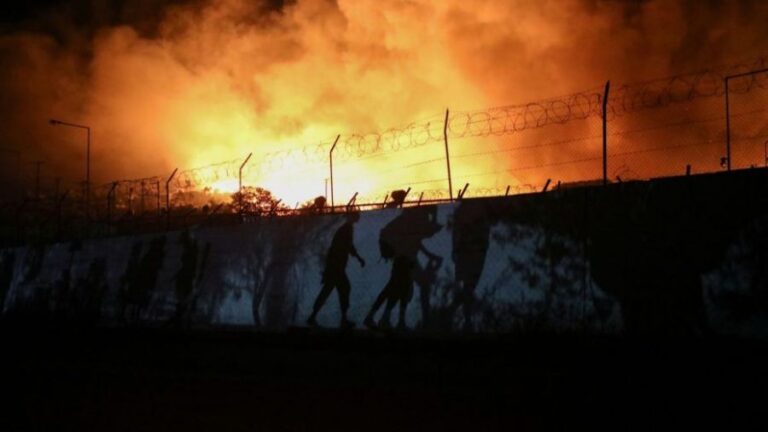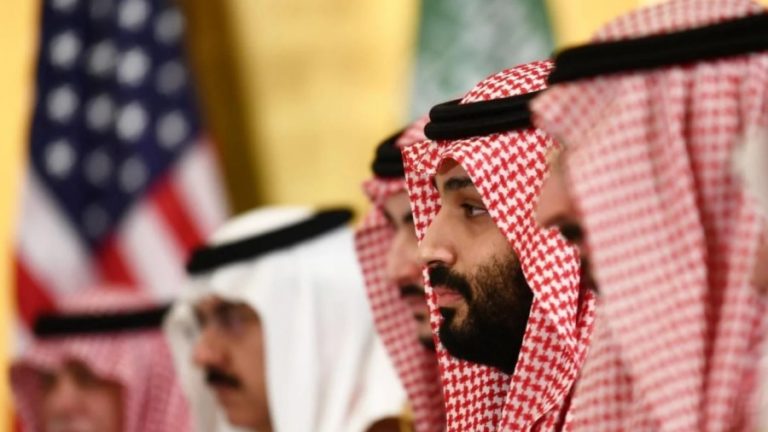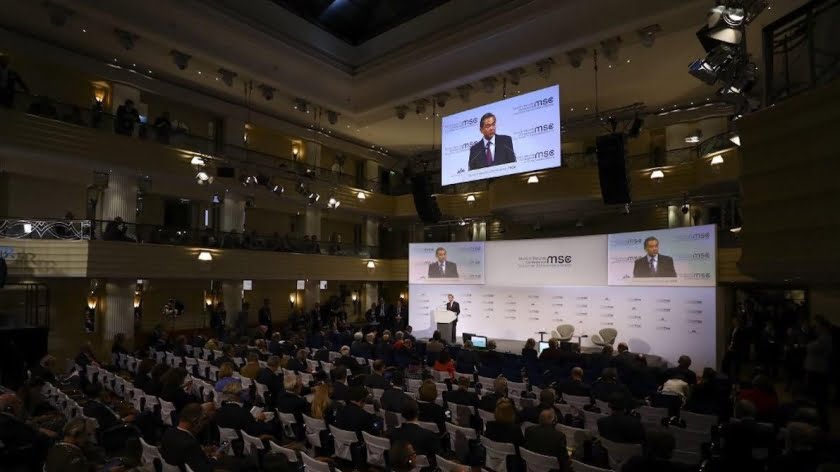Gulf Crisis Leaves Open Big Cracks in Saudia’s Islamic Military Alliance
The diplomatic spate, engulfing the Gulf States, have left wide open cracks in the otherwise all-Sunni house, led by Saudi Arabia. It appears that the Islamic Military Alliance (IMA) has set Qatar for itself as the first target, and that it will not stop short of bringing a regime change in Qatar in order for bringing the small Gulf state into the orbit of the big Gulf state. Saudi Arabia and Qatar have long been rivals and, despite Qatar’s small size, its great wealth and vast gas reserves have given it great influence, enabling it to challenge the House of Saud’s own hegemonic pursuits. It backed the Arab Spring with its wealth and media outlets, supporting the Muslim Brotherhood in Egypt and Hamas in Gaza, and it seems to be following a policy in other regional conflict zones, such as Yemen and Syria, that runs counter to the one being followed by other major Gulf countries.
The cutting of ties has not happened overnight. The US President Trump’s unqualified support for the Sunni monarchies during his two-day visit to Riyadh emboldened the kingdom to start a second and, it hopes, final round in its confrontation with Qatar. While Trump himself may not have touched this issue, his stance does seem to have been read by the House of Saud to as enabling them to move against Qatar though it is home to a major US base.
Following Trump’s visit, a war of words had broken out between Qatar and Saudi Arabia, with Qatar’s emir calling Iran as “force for stability.” On May 25, Saudi Arabia and United Aran Emirates decided to block the websites of Qatar – including al-Jazeera – over ‘incendiary’ statements about Iran and Israel posted on Qatar’s state-run news agency. While Qatar refuted having posted such stuff and alleged that its website had been hacked, there is no gainsaying that Qatar’s standing in the region is becoming thornier for Saudi Arabia, particularly for the aspiring king, Prince Muhammad bin Salman who, as some reports have indicated, cannot afford another failure after the Yemen debacle.
US Defense Secretary James Mattis warned Qatar that maintaining its relationship with the Muslim Brotherhood might be costly, and that Trump was considering classifying the organization as a terrorist group. The Qataris ignored the warning, refusing to sever their ties with the Egyptian branch of the Muslim Brotherhood, which the Egyptian armed forces removed from power in a coup d’état three years ago. While it is difficult to say that Qatar supports these organizations out of some ideological affinity, it cannot be denied that the tiny Gulf state does use these platforms for exerting its own influence in the Arab world.
For Qatar, severing relations with Iran just because the House of Saud wants it marks a policy conundrum that it can ill-afford in the wake of its own regional ambitions. The Riyadh summit was, as such, a disappointing show for the emir of Qatar, who was to rebuff the commitments made there only two days after the summit.
Speaking at military ceremony, which was broadcast on state-run television, the emir not only spoke of excellent relations with Iran, describing the Iranians as “stabilizers” of the region who “cannot be ignored.” The emir disputed the implication of the US position at the Riyadh summits, saying: “Nobody has the right to accuse of us of terrorism, just because they declare the Muslim Brotherhood a terrorist group or because they are not ready to tolerate the kind of resistance embraced by Hamas or Hezbollah.” And he took a swipe at Saudi Arabia, saying: “The real danger lies in the behaviour of certain governments which have bred terrorism themselves, by adopting an extreme version of Islam.”
This was followed by emir of Qatar’s call to Iranian President Hassan Rouhani to congratulate him on his re-election, setting alarm bells ringing throughout the Arabian peninsula, thus opening cracks in the united front the ‘Arab World’ has been trying to present to Iran – cracks which the Iranian government is sure to try to widen.
What Impact can the boycott can leave on Qatar?
The extent of this impact can be gauged by the fact that a number of important allies of Saudi Arabia, particularly Pakistan, have blatantly refused to cut off ties with Qatar. What it shows is that the cut-off is likely to remain confined to the Gulf only.
Within the Gulf, however, this cut-off is likely to leave some impact. Saudi Arabia and the UAE accounted for roughly one third Qatar’s $1.05 billion of food imports in 2015. Much of the imports, especially dairy products, came over the Saudi land border. As food trucks reportedly lined up at the closed Saudi border with Qatar, Iran’s Fars news agency quoted Reza Nourani, chairman of the union of exporters of agricultural products, as saying that Iran could supply the Gulf state with what it needs. Mr. Nourani said it would take 12 hours for shipments from Iran to reach Qatar by sea.
While the cut-off has left some impact on some aspects of Qatari economy, the greatest impact is likely to be felt by the Qatar Airways, working in Qatar’s favour is the fact that the Gulf state’s main source of revenue, its oil and gas exports, remain untouched by the economic sanctions. Qatar, the world’s largest LNG supplier, maintains access to international shipping route even if Qatar-bound vessels and ships leaving the Gulf state are barred from entering the territorial waters of Saudi Arabia, the UAE and Bahrain.
Accordingly, buyers of Qatari gas have also been assured of continuing supply. Japan’s JERA Co, the world’s biggest buyer of liquefied natural gas, said in a statement that Qatar-gas had informed it that the crisis in the Gulf would not impact LNG supplies. Besides it, the United Arab Emirates, which has cut off diplomatic ties, has not included the import of gas from Qatar to its list of sanctions, thus leaving vital areas untouched and biting Qatar only to the extent that it doesn’t backfire on UAE itself. Dubai, the centre of tourist attraction in the region, depends on Qatar for 40 percent of its gas imports.
In this regard, an important question to be considered here is related to the course of action the United States adopts in this crisis. Were the US to continue to support Qatar in matters related to the 2022 Soccer World Cup and those related to the US troops in the country, Saudi cut off might lose its importance sooner than later. However, under Donald Trump, who recently received Saudia’s highest civil award, the degree of protection it can expect from the US is uncertain, at least this stage.
While it is highly unlikely that the US might cut off, such a decision would only exacerbate the crisis and cause more cracks in the edifice of IMA, forcing a number of other countries, such as Oman and Kuwait, to re-think their stand vis-à-vis Saudi Arabia and its regional plans.
By Salman Rafi Sheikh
Source: New Eastern Outlook







